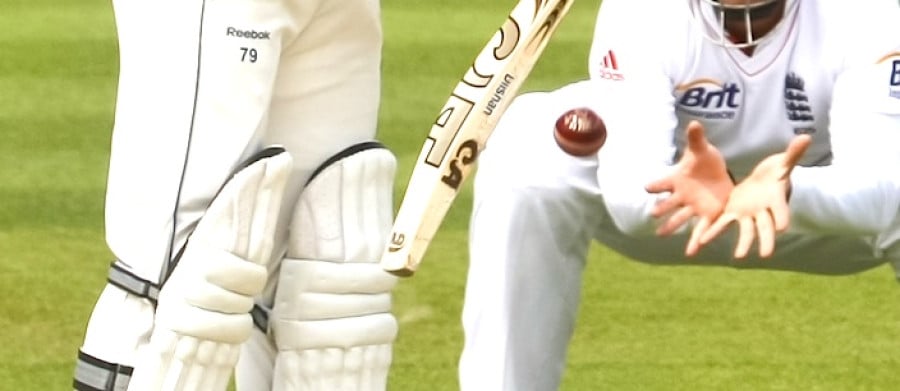The Anderson/Jadeja spat: why we should value the disciplinary process in sport

In this blog, Alex Odell reflects, in the context of the recent high-profile row between James Anderson and Ravindra Jadeja, on why we should not underestimate the value of disciplinary process in sport.
The altercation
The altercation between Anderson and Jadeja has attracted a lot of media attention, with former umpire James Holder commenting that Anderson was “extremely lucky” to avoid punishment.1
Both Anderson and Jadeja were, ultimately, found not guilty of their respective misconduct charges by an independent Judicial Commissioner2. Anderson’s case was one of self-defence, with Anderson insisting that he was responding to a threatening approach by Jadeja, and admitting that he swore at and pushed him.
The differing responses
This spat generally provoked two kinds of response.
The first, usually from a well-oiled England fan, is that Jadeja should have ‘manned up’ and that nothing should have of come of the altercation. This point of view often includes an assertion that somehow the disciplinary process was ridiculous or unnecessary.
The second is that the incident was not taken seriously enough, and that Anderson was lucky to escape any punishment. This point of view also implicitly criticises the disciplinary process.
It is worth considering the consequences of each point of view.
Ignore the matter
The first involves considering the push as part of the game, as happens commonly on the field in football, and therefore ignoring it. However sport, and cricket in particular, generally does not accept off-field contact in the way it would on-field contact. It is therefore unsurprising, given Jadeja’s allegations, that some action was taken.
Prosecute in the courts
The second, at the other end of the spectrum of responses, would have been to engage the criminal justice system, and for Jadeja to make a police complaint of common assault under s.39 of the Criminal Justice Act 19883, which is triable only in the Magistrates’ Court and is the lowest category of assault in terms of seriousness. There is no ‘de minimis’ rule with such allegations. A push can certainly constitute an assault. There is a legal defence of self-defence, but such actions must be reasonable. There would be no need to show any injury or impact on Jadeja.
To continue reading or watching login or register here
Already a member? Sign in
Get access to all of the expert analysis and commentary at LawInSport including articles, webinars, conference videos and podcast transcripts. Find out more here.
- Tags: Board of Control for Cricket in India (BCCI) | Cricket | Criminal Justice Act 1988 | Disciplinary | India | International Cricket Council (ICC)
Related Articles
- Hockey India evaluates conduct violations and Jadeja’s misconduct appeal heard
- How the Anderson/Jadeja ruling puts Cricket and ICC’s Code of Conduct under spotlight
- When do sport teams' initiation ceremonies cross legal boundaries? Part 2
- Exactly who is responsible for combatting match fixing?
Written by
Alex Odell
Alex is a barrister at Peters & Peters Solicitors, specialising in business crime, extradition, corruption and sports law. He is part of the P&P Sports Disputes and Investigations team. Prior to joining P&P, Alex was a tenant at the leading criminal set Five Paper Buildings. He has extensive experience of sports law in the context of criminal litigation, having prosecuted cases involving the illicit broadcasting of premier league football for many years.




